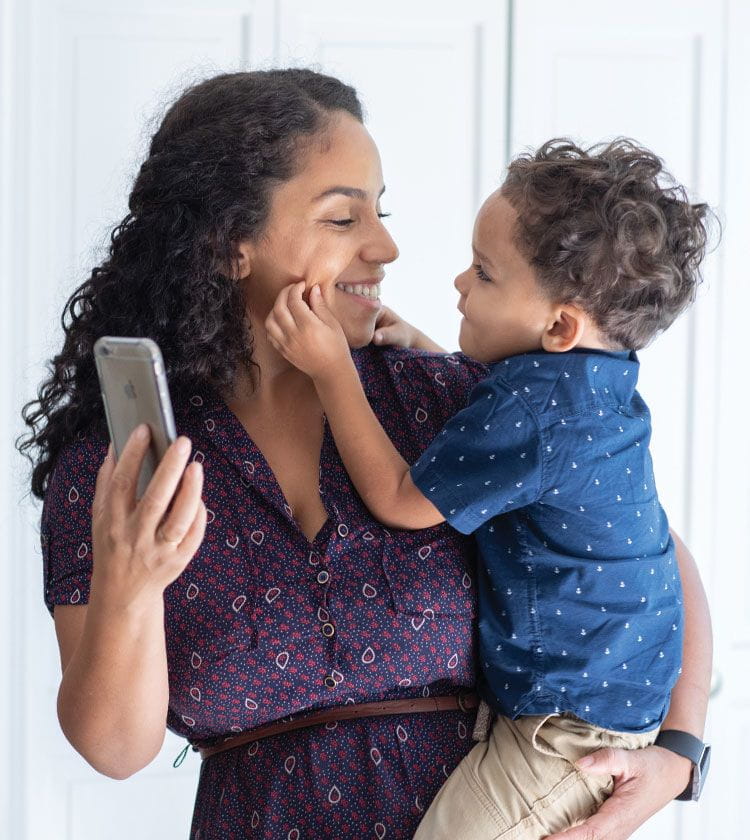Benefits of Educational Daycare
Wondering what to expect at a daycare? Curious what, exactly, your child will get out of an educational daycare experience? Here are seven benefits.
School Readiness
An educational daycare typically follows a curriculum that focuses on whole child development and helps children build the skills they need to be ready for all the big steps ahead. Plus, enrolling your child in a daycare program means they’ll be in a similar environment to school — around other children their age, engaging in fun and educational activities, with a teacher or caregiver present. Many parents notice that children who go to daycare have a smoother transition into kindergarten.
Daily Routines
Educational daycares follow a daily routine. Why? Because routines and repetition help children feel safe, learn, and remember what comes next. Daily routines include meals, naps, open-ended play, classroom activities, outdoor time, and more.
Developing Skills
Children who attend high-quality educational daycare programs gain self-control; self-esteem; social-emotional skills; reading, writing, and math skills; and so much more.
More Independence
Teachers help children develop self-regulation and self-help skills, too. Children become more independent at an early age through participating in child-led activities and having the opportunity to pour their own water or milk at mealtimes, set up their nap area, and get themselves dressed after water play.
Better Communication
Children can learn how to communicate more effectively by hearing and watching their peers and teachers speak and interact with each other. An educational daycare provides the opportunities they need to interact with others and work on multiple areas of communication.
Increased Confidence
Young children also develop self-confidence in an educational daycare setting, which helps them become more comfortable in social settings.
Community Participation
You’ll also likely find that educational daycares celebrate diversity and get involved in their communities. This provides new experiences for children and exposes them to diverse cultures and different lifestyles. Parents can also take advantage of community involvement — this can help you find support and build a network of connections.


